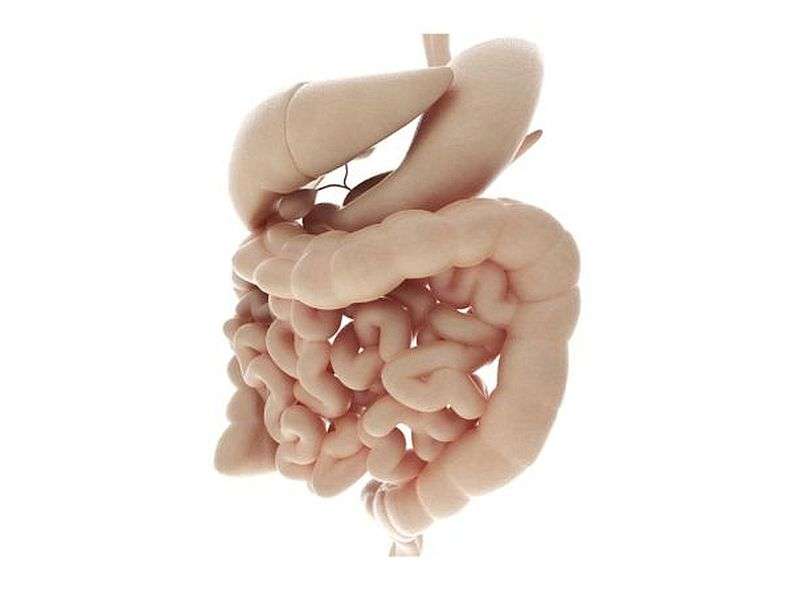(HealthDay)—A risk-adjusted measure of outpatient colonoscopy quality can help inform patient choices and assist in quality-improvement efforts, according to research published in the January issue of Gastroenterology.
Isuru Ranasinghe, M.B.Ch.B., Ph.D., from the Yale-New Haven Hospital in Connecticut, and colleagues used a 20 percent sample of 2010 Medicare outpatient colonoscopy claims from patients aged 65 years or older to develop a patient-level model for estimating the risk of unplanned hospital visits within seven days of colonoscopy (331,880 colonoscopies performed at 8,140 facilities). Using data from the Healthcare Cost and Utilization Project (325,811 colonoscopies at 992 facilities) and patient-level risk model variables, the authors estimated facility rates of risk-standardized unplanned hospital visits.
The researchers found that 5,412 unplanned hospital visits followed outpatient colonoscopies within seven days (16.3/1,000 colonoscopies). Fifteen variables were independently linked to unplanned hospital visits, with the strongest associations seen for a history of fluid and electrolyte imbalance, psychiatric disorders, and increasing age past 65 years in the absence of prior arrhythmia (odds ratios, 1.43, 1.34 and 1.87, respectively). Significant variation was seen in the facility risk-standardized unplanned hospital visits (median, 12.3/1,000); the median risk-standardized unplanned hospital visits were similar for ambulatory surgical centers and hospital outpatient departments (each, 10.2/1,000), and ranged from 16.1 to 17.2/1,000 from the Northeast to the Midwest, respectively.
"This measure can make transparent the extent to which patients require follow-up hospital care, help inform patient choices, and assist in quality-improvement efforts," the authors write.
Several authors disclosed financial ties to the pharmaceutical and medical device industries.
More information:
Abstract
Full Text
Journal information: Gastroenterology
Copyright © 2016 HealthDay. All rights reserved.






















